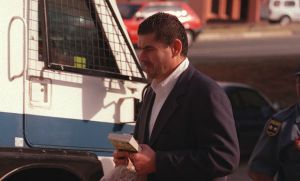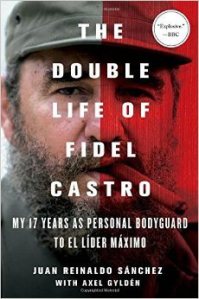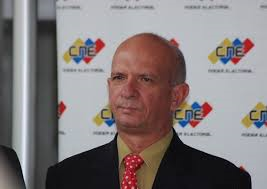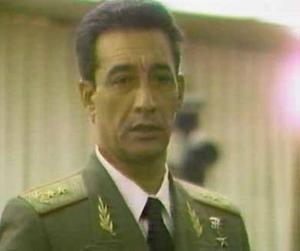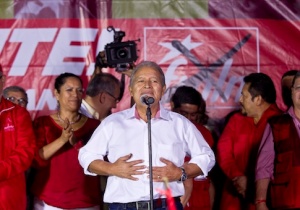An Ex-Spy, Drugs And a Briefcase Full of Cash
By Gareth Wilson, The Herald
NPA probing claim R700 000 was paid to make prosecution go away
The National Prosecuting Authority (NPA) is investigating allegations that a briefcase containing R700 000 was dropped off in Port Elizabeth to stop a drug prosecution in its tracks. Implicated in the alleged bribery is a former Cuban spy linked to Czech mob boss Radovan Krejcir.
Organised Crime specialist prosecutor Advocate Selvan Gounden confirmed earlier this week that an internal investigation had been launched into claims that a member of the state prosecution team was paid R700 000 to ensure that a R418-million drug case did not proceed.
The probe was launched by the NPA through its integrity management unit last month after a Herald reporter started asking questions about the allegations.
The Hawks have refused to be drawn on the matter, saying they will not comment on an ongoing investigation.
At the centre of the allegations is former Cuban spy Nelson Yester-Garrido, who was released on R600 000 bail by the Motherwell Magistrate’s Court in October 2011 after his arrest.
Yester-Garrido has had two criminal cases in Port Elizabeth withdrawn by the state.
His name surfaced in the drug-trade network trial of Krejcir, former national police boss Jackie Selebi and convicted drug dealer Glenn Agliotti.
Full article can be accessed here: The Herald
Former Cuban spy Nelson Yester-Garrido is at the centre of the alleged payoff
Picture: BONILE BAM
